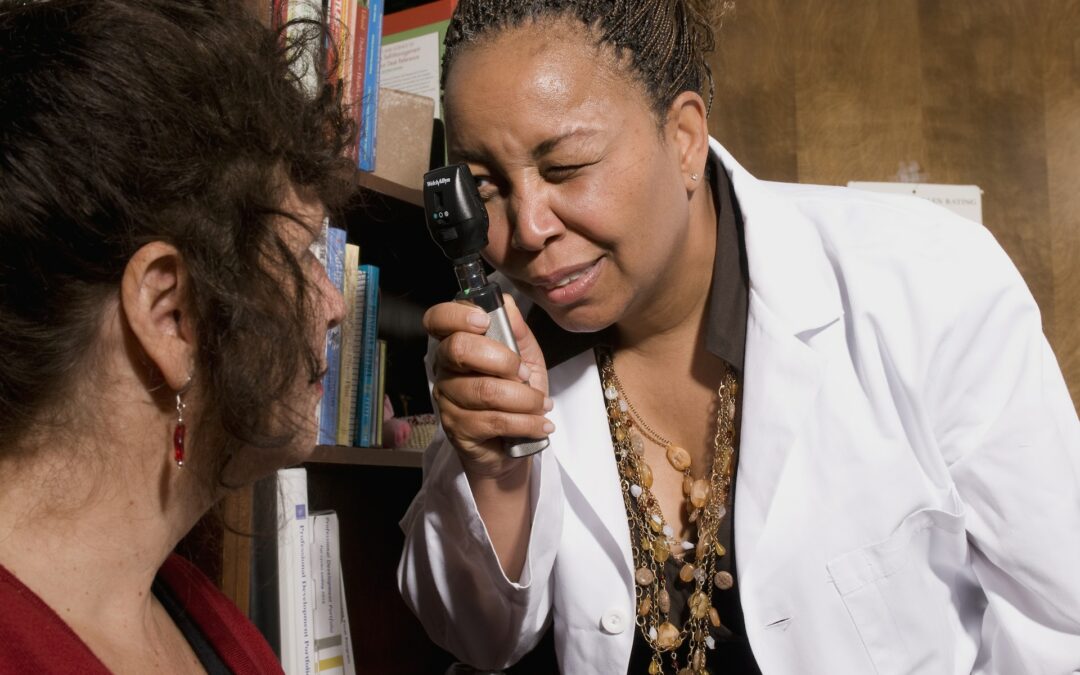Every June, we observe Cataract Awareness Month to shed light on one of the most common age-related eye conditions: cataracts. Cataracts affect millions of people worldwide, causing vision impairment and impacting daily activities. By raising awareness about cataracts, we can empower individuals to prioritize their eye health, undergo regular eye exams, and explore available treatment options.
What are cataracts?
Cataracts occur when the lens of the eye becomes clouded, leading to blurry or hazy vision. They often develop slowly and progressively, and while they primarily affect older individuals, they can also occur in younger people due to factors such as genetics, trauma, or certain medical conditions. Cataracts can make it difficult to read, drive, or perform other routine tasks, diminishing the overall quality of life.
Do I have cataracts?
Regular eye exams play a crucial role in the early detection of cataracts. Your eye care professionals here at Horizon Family Medical Group can identify the presence and severity of cataracts through comprehensive examinations, including visual acuity tests, dilated eye exams, and tonometry to measure intraocular pressure. These exams not only help diagnose cataracts but also detect other eye conditions that may coexist, such as glaucoma or age-related macular degeneration.
What are my treatment options?
When it comes to treatment options, surgery is the most effective solution for cataracts. Cataract surgery involves the removal of the clouded lens and its replacement with an artificial intraocular lens (IOL). This procedure is highly successful and typically performed on an outpatient basis, allowing individuals to resume their daily activities relatively quickly. Advances in technology have also led to the availability of premium IOLs, which may address other visual conditions, such as astigmatism or presbyopia, reducing the need for glasses after surgery.
However, it’s important to note that cataracts may not always require immediate surgery. In the early stages, changes in prescription glasses, magnification, or improved lighting conditions may help manage symptoms. Regular follow-ups with an eye care professional are essential to monitor the progression of cataracts and determine the appropriate time for surgical intervention.
Cataract Awareness Month serves as a reminder to prioritize eye health and seek professional care. Protecting our eyesight is crucial for maintaining independence, productivity, and overall well-being. By scheduling routine eye exams and staying informed about cataracts, we can catch vision problems early and explore treatment options that best suit our individual needs.

